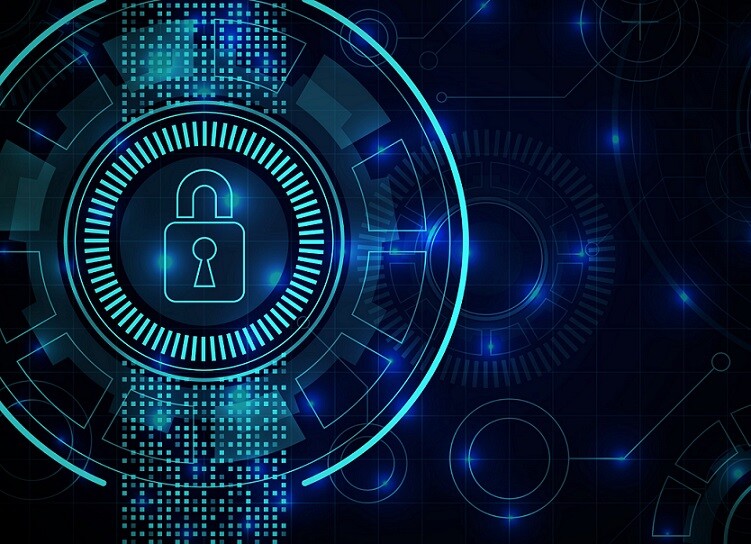Amid the coronavirus outbreak, imparting education through web conferencing seems to be the only way out. As dedicated teachers continue to impart education to their students, they face many challenges. The most critical one is cybersecurity pertaining to online classes because even the slightest flaw could jeopardize the privacy and security of the teachers, students, and also parents. Moreover, students are undeniably more tech-savvy than their teachers, which makes the teachers more vulnerable to cyberattacks. Therefore, after having elaborate discussions with those involved in remote teaching, we bring you a brief but comprehensive cybersecurity guide.
Cybersecurity Risks Faced by Teachers
Remote education is often perceived to be a hassle-free and straightforward process where the teacher delivers lectures, allots assignments, and marks grades over the internet. As a matter of fact, Remote teaching can be very dangerous and expose the teachers and their families to cyberattacks. Let us now briefly discuss some of the most serious concerns that teachers have disclosed to us.

1. Security of their personal data
Teaching is a noble profession, and therefore, most teachers are concerned about their personal lives becoming public due to security issues. This is possible when you use the same email ID for personal and professional purposes. So, to keep your personal life private, make it a point to keep the two accounts separate and always use the personal account to link to your social media profiles.
Doing this should help protect your personal information such as photos, videos, and conversations, which could otherwise send out the wrong message. Some teachers choose to pull down their social media profiles entirely, which isn’t necessary because while everyone’s social distancing, social media helps stay in touch with friends and dear ones.
2. Lack of minimum standards
Most Teachers are concerned about the school authorities not stepping in and laying down minimum standards for the connected devices. Doing this is essential because while studying remotely, most students make use of personal devices, over which the teachers have no control. Unless minimum standards such as the OS version, browser version, etc… are set, threat actors could make use of the system’s vulnerabilities to break into the network.
3. Database Security
Your school’s WiFi network could lead to some serious security issues as it enables threat actors to intercept in-transit data and also to gain unauthorized access to the school’s database. This could lead to data leaks and also manipulation of the grades allotted to the students. On the whole, it would pose a serious threat to the integrity of the data available on the database.
Suggested Read:
Causes of cybercrime and preventive measures
The Urgent Need to Improve Cybersecurity in the Education System
Other Concerns Raised by Teachers
Besides worrying about their own security, teachers were also concerned about the cybersecurity of the students as well as their parents. That’s because if a Hacker gained access to the school’s database then it would also give him access to the personal and confidential details of the parents.
Another serious concern was clicking on malicious links, which could endanger the safety and security of the teachers, students, and their families, as well. Since all devices of a household are connected to the same network, one phishing link could make all of them vulnerable to cyberattacks. This begs the question of whether cybersecurity should be taught in schools, especially during a time like this where education and social life are heavily reliant on vulnerable digital means.
How to Stay Protected while teaching remotely
Coronavirus lockdown could prolong and lead to long term remote interaction with your students, which means that you need to have ad hoc cybersecurity measures in place to protect yourself and others. Although it may seem complex at first, but with the below-mentioned tips you would have no difficulties in doing that.
- Download a VPN and use it to connect to the internet. As it masks your IP address, it adds an additional layer of security and helps keep your personal data safe. Also, it encrypts your online traffic, which prevents the hacker from accessing your whereabouts.
- Use a Professional account to connect to remote teaching applications and software. Ensure that you do not use this account to link to your social media profiles, to send personal emails, or to pay your bills.
- Use updated Operating System, Firewall, and Antivirus.
- Make use of Endpoint Detection and Response (EDR) to monitor your inbound and outbound traffic.
- Make Payments from a private internet connection and through encrypted websites only.
The abovementioned cybersecurity tips help reduce the attack surface and minimizes the possibility of a cyberattack.
Conclusion
In the modern era data is everything. Securing the data is the biggest concern for all the firms. Cybercrime is rocketing with growing digitalization. Opting for secured ways to access the internet would help in preventing cybercrimes. The organizations must make sure that the official
websites are secured and should impalement SSL certificates. Having enough knowledge of what is cybercrime and how the users get trapped online will help in taking precautionary measures. Click on the link to read more about cybercrime in detail.
Thank u sir, for sharing such a good information
Welcome Rekha!